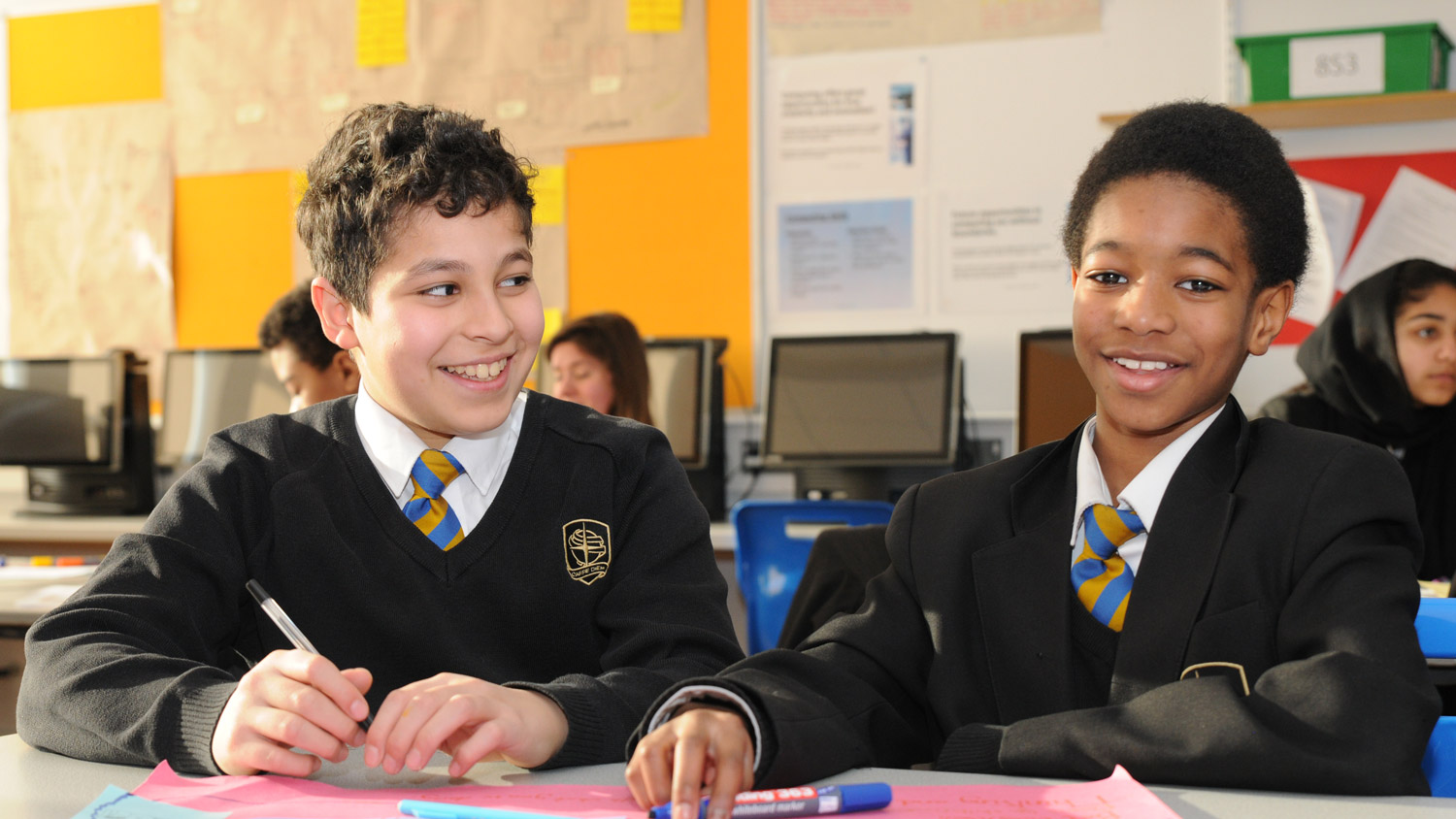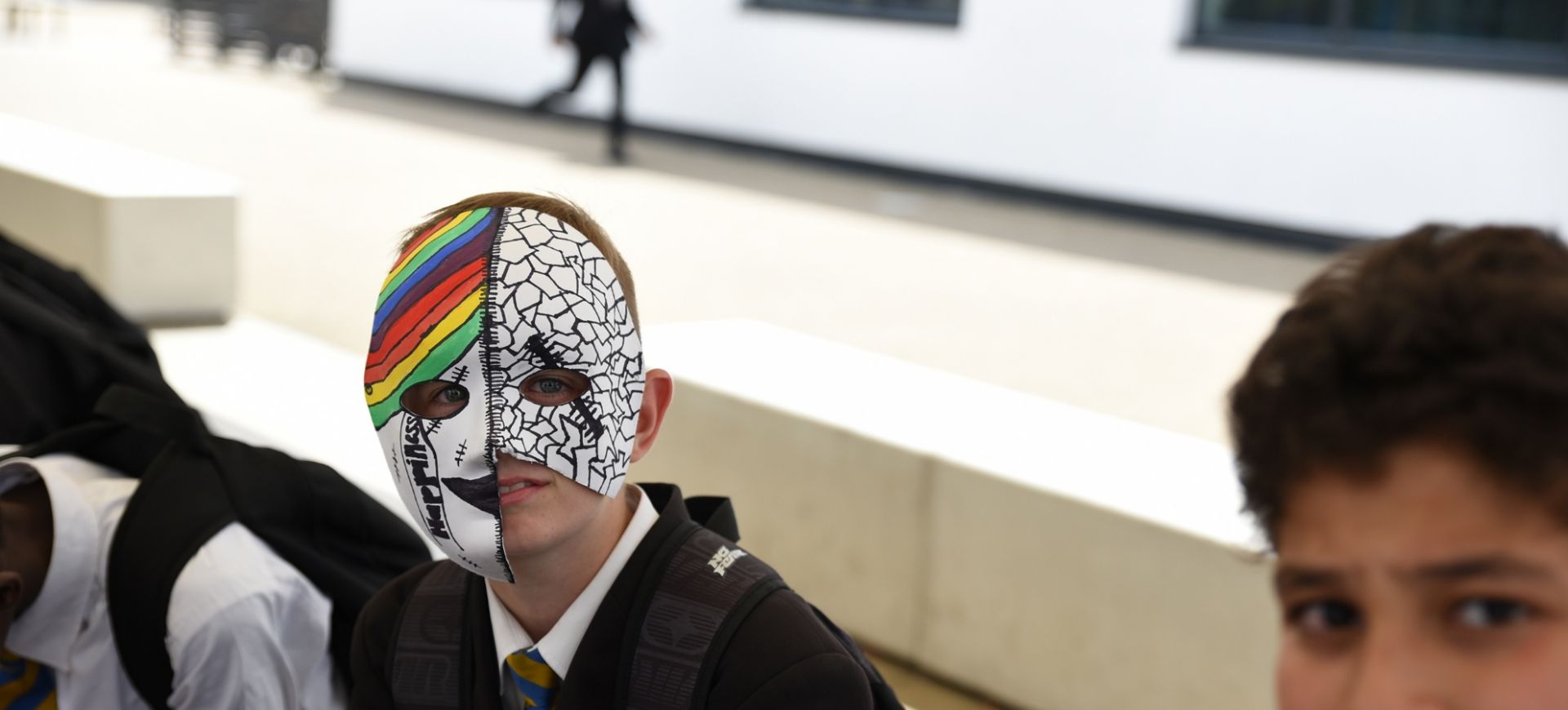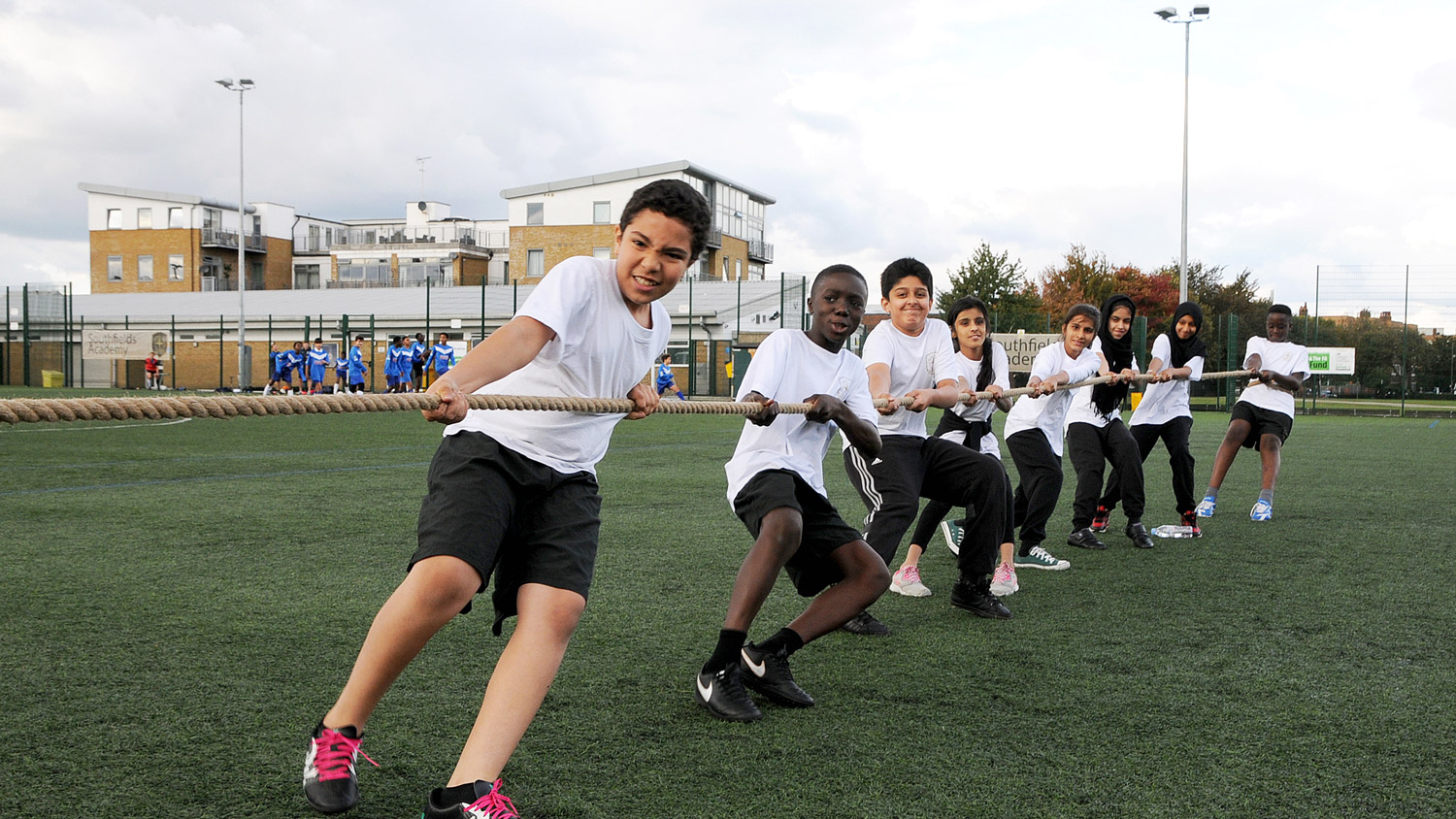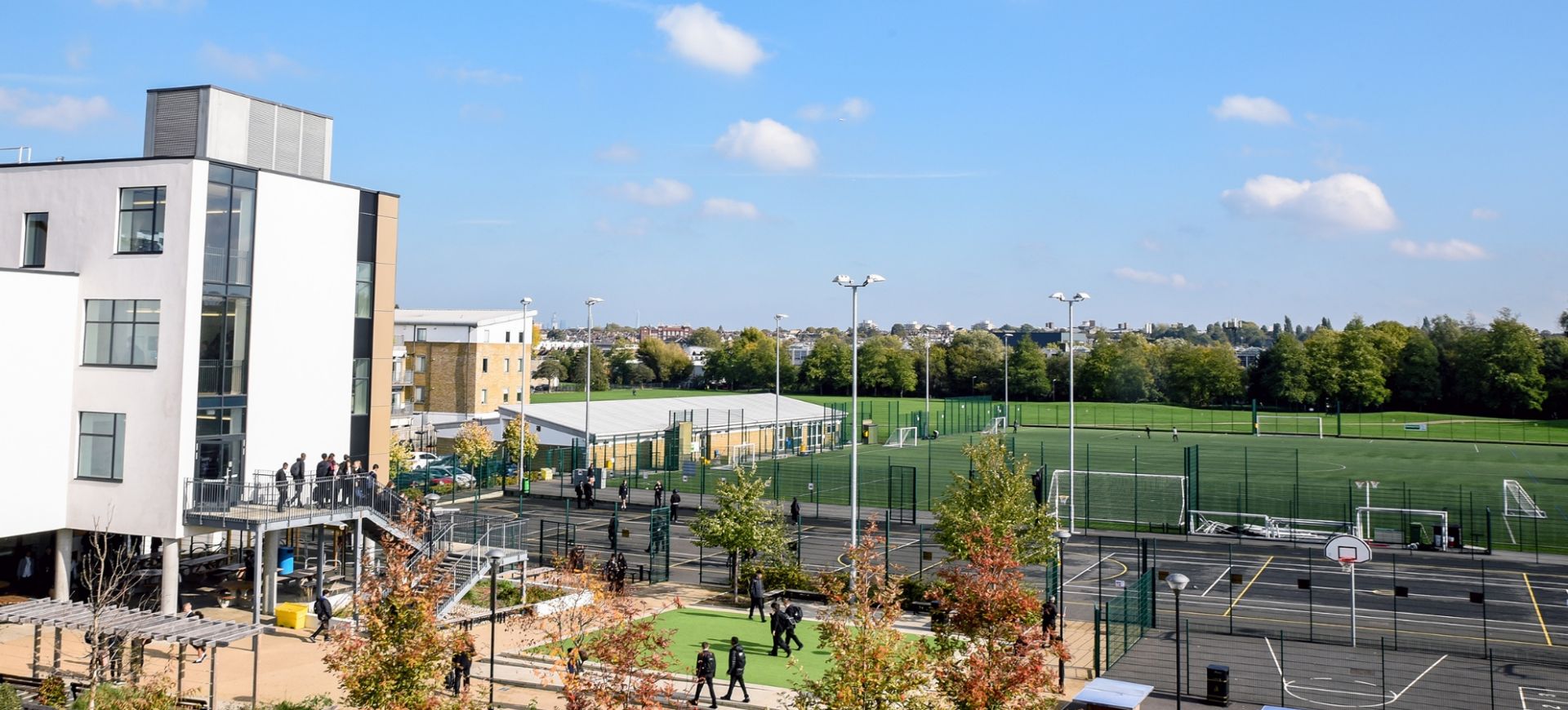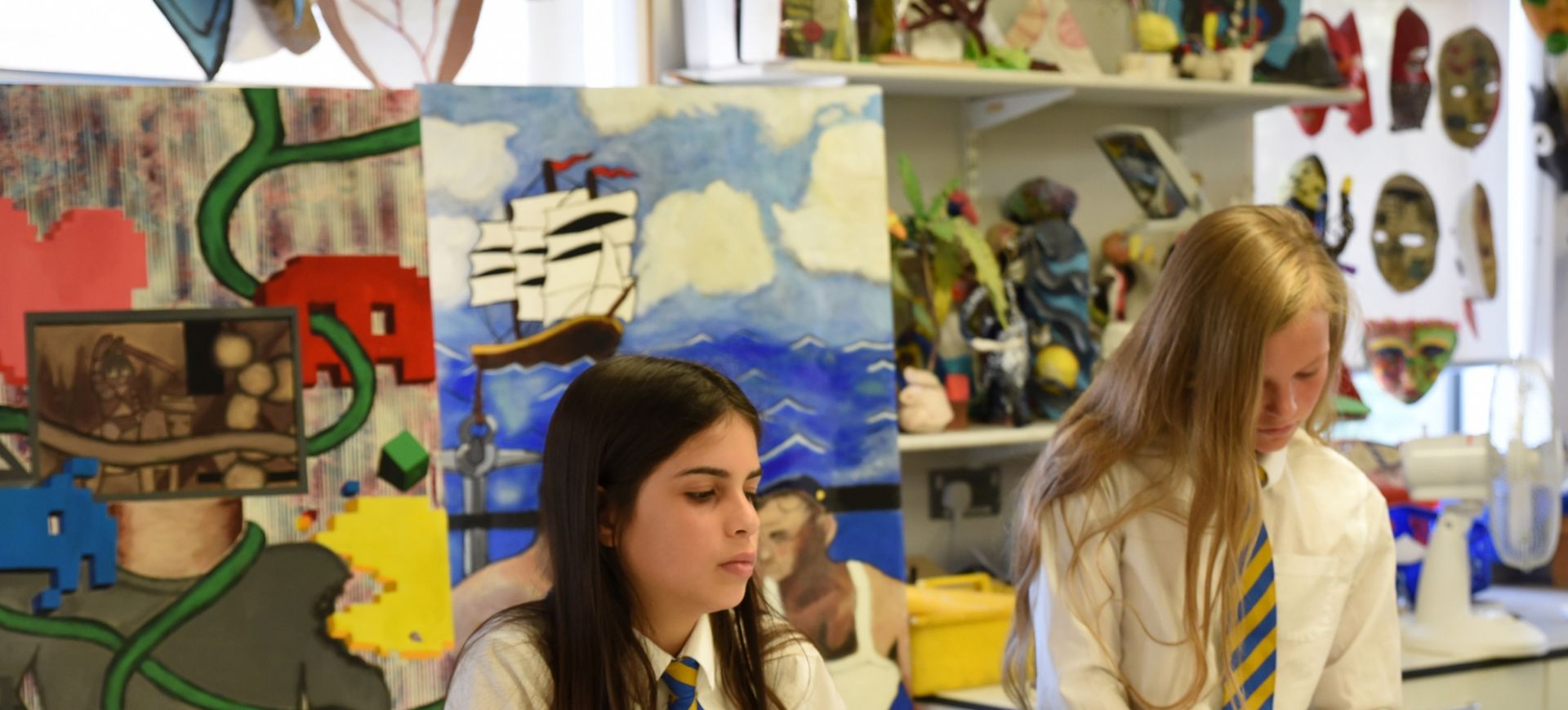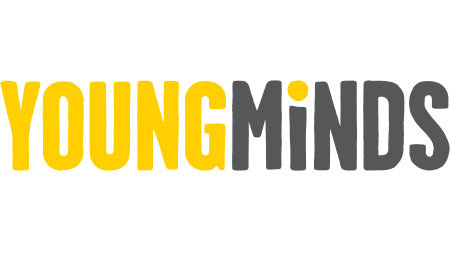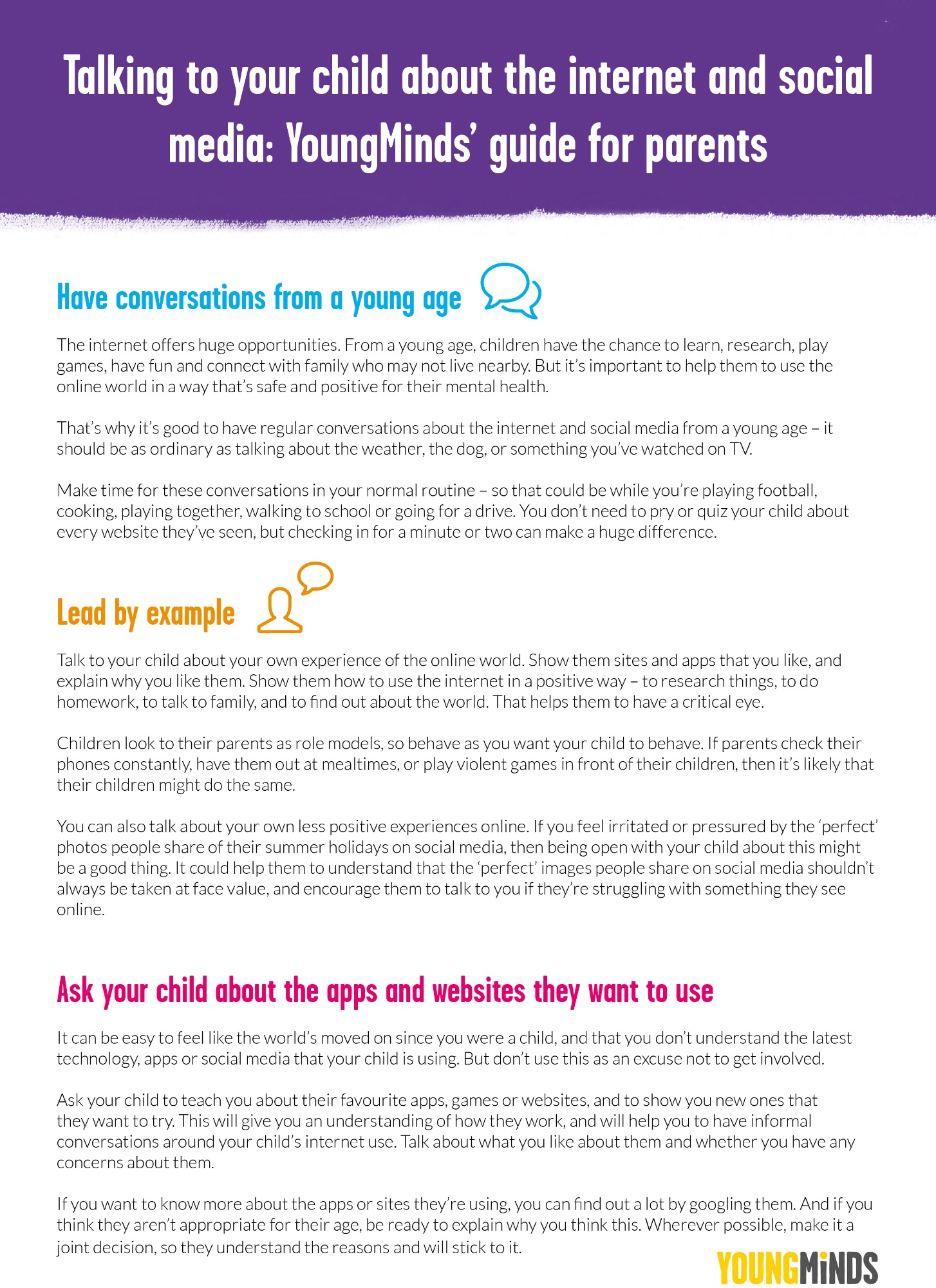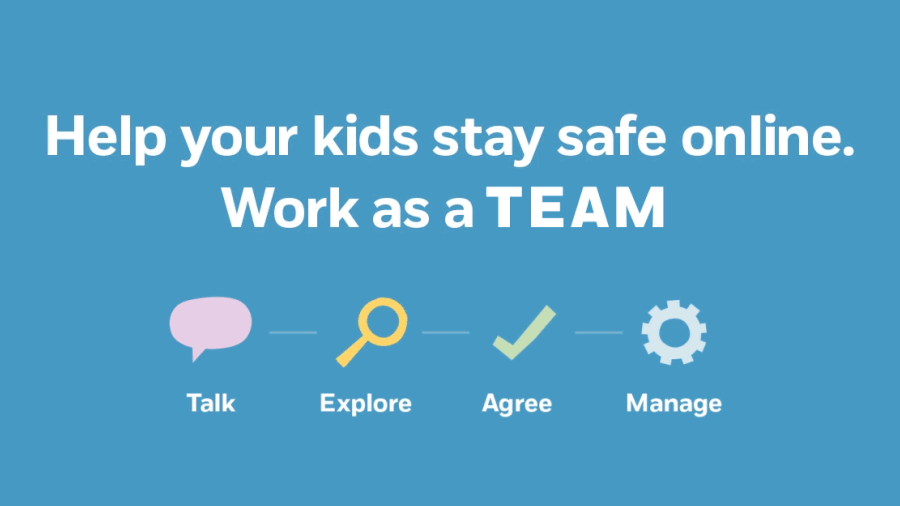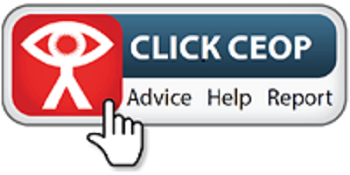Students' Online Safety
eSafety at Southfields Academy
We understand that the internet is an integral part of modern life and will be more so as our lives become more connected, especially for the young people in our community. We know the great benefits of this but are ever aware of the dangers and risks that this unprecedented access to communication now brings to our students. So that we can prepare and give each student the best chance of a secure and safe future, we take our eSafety responsibilities very seriously.
Before a student starts at the Academy, young people are asked to read, understand and sign the Internet and Computer Acceptable Use Policy (available to download at the foot of this page) at the time of their admission interview. This policy briefly describes some online behaviours which are unsafe. The Academy's Behaviour Policy (available at the foot of this page) explicitly mentions unacceptable online behaviours and bullying that can affect others and the sanctions that are in place for students who misuse technology in this way.
Once student have begun their studies with us, computing and personal, social and health education address aspects of eSafety in more detail and use scenarios and thought-provoking activities to allow student to explore them in further detail. Aspects of online safety directly addressed include social media use, cyberbullying, online communication with strangers, the risks of radicalisation, the understanding of fake news and the reliability of online content, digital footprints, malware and phishing.
We ensure that children are made aware of the many risks there are in the online world such as;
- Exposure to inappropriate sexual content,
- Grooming - See Sexual Exploitation pages,
- Radicalisation - See Radicalisation or Extremism page,
- Sharing of personal information,
- Insecure privacy settings - See Privacy settings page,
- Sharing of inappropriate images - See Sexting page,
- Cyber-bullying,
- Plagiarism,
- Illegal downloading,
- Over-spending while gaming,
- Opening unknown email attachments.
What can parents and carers do to help keep their children safe online?
Talk about possible concerns and provide your child with safety tips for minimising risk online.
These include maintaining age appropriate boundaries, for example, having computers in shared family space rather than individual bedrooms or limiting screen time, although this is becoming increasingly difficult with smartphones and other mobile devices; making sure your child leaves their phone with you at bedtime can help.
Ensure that your child fully understands the dangers of talking to strangers online and the reasons why they should not.
Parents and carers need to explore with their child what constitutes a stranger in this digital age; children are often desperate for "friends" or "followers" online and will befriend anyone who makes a request. Parents and carers need to ensure that their children know not to give out personal information online, for example their phone number, address or the school they attend. Young people must also be persuaded not to give their password to access their online social network sites to any other person, even their friends.
Reinforce with your child that once information, messages or pictures are posted online, they lose all control of their use or further circulation.
Make sure your child understands that some activities carried out online are illegal
e.g. sharing inappropriate images of young people, even if just passing them on, making threats or sending malicious messages electronically, illegally downloading content and plagiarism.
Ensure your child knows, and follows the "Golden Rules":
- Don't give out personal information such as your address or phone number
- Don't send pictures of yourself to anyone, especially indecent pictures
- Don't open emails or attachments from people you don't know
- Don't become online 'friends' with people you don't know
- Never arrange to meet someone in person who you've met online
- If anything you see or read online worries you, tell someone about it
Parents can also use parental controls on various online devices.
What to do if things go wrong
Young people need to be able to manage issues which may occur when they are online.
Most social networking sites now have a 'Click CEOP' button (CEOP is the Child Exploitation and Online Protection Centre) that can be used to report inappropriate or worrying behaviour online. Sites that do not have this may have their own ways for reporting concerns. Criminal online content can be reported to the Internet Watch Foundation (IWF).
If young people are being bullied online or receiving malicious messages, this can be reported to the police.
NB Children may be very worried that their parent's or carer's response to a problem will be to take away their Internet access Whilst this may be an appropriate response in some cases, the threat may be a barrier for a child who needs help.
Parents and carers should be aware of this when talking to their children about their children about their Internet use and should reassure their children that they can talk to them or a trusted adult whenever they need to.
We have gathered a series of resources below to help you to keep your child safe when they are online.
There are many valuable resources to help parents to understand and discuss eSafety at home, we have curated a selection below from organisations such as Young Minds and the NSPCC
Internet Matters is an excellent resource created by a partnership of some of the world's biggest digital providers including Google, Sky and BT: https://www.internetmatters.org/
Thinkuknow is an education programme from the National Crime Agency's CEOP Command.
Since 2006, Thinkuknow has been keeping children and young people safe by providing education about sexual abuse and sexual exploitation.
Thinkuknow provides many resources for parents to help them keep their children and young people safe online. Click the logo below to visit their website, we have direct links to some of their pages below:
Young Minds - click the image below to visit the Young Minds web page with ten top tips for parents of teenagers, about social media:
They have also produced a helpful resource on social media which you can download and read by clicking below.
NSPCC - click image below to visit the NSPCC's website:
Please be assured that we teach all of our students to tell someone if they encounter something online that they do not feel comfortable with or that makes them feel unsafe. We encourage our students to use the government's online reporting tool, the Child Exploitation and Online Protection button, if they feel they are unable to speak to an adult.
If you would like to speak to us about eSafety education we offer our students then please get in touch with Mr Shillingford, Director of IT & Systems, or Mr J Molloy Head of Personal, Social, Health & Economic Education via info@southfieldsacademy.com If you are a parent of a young person and are concerned about your child's eSafety, then please get in touch with your child's tutor in the first instance.

